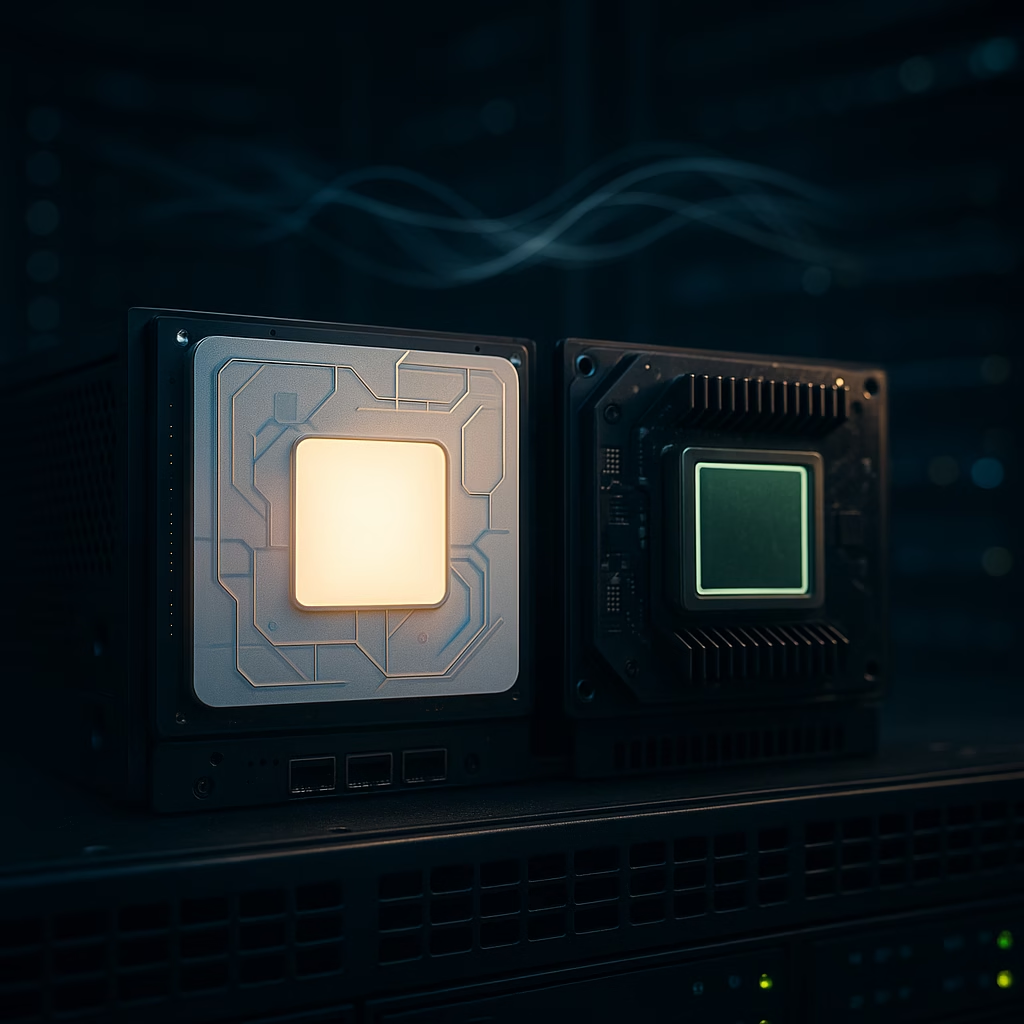Oracle and OpenAI Drop Surprising News to Nvidia Shareholders
In a move that has sent shockwaves through the tech industry, Oracle and OpenAI have announced a strategic partnership that could significantly impact Nvidia’s dominant position in the AI hardware space. This surprising development has left investors and analysts wondering about the future competitive landscape in artificial intelligence.
The Unexpected Alliance Between Oracle and OpenAI
Oracle, best known for its enterprise software and cloud solutions, has been making aggressive moves in the AI sector. OpenAI, the company behind groundbreaking models like ChatGPT and DALL-E, is continually searching for robust infrastructure to power its AI workloads. Their collaboration comes as a direct challenge to Nvidia, the reigning giant in GPU technology.
What This Means for Nvidia
Nvidia has long been the powerhouse behind AI computing. Its high-performance GPUs serve as the backbone for numerous AI applications, from deep learning research to enterprise AI deployments. However, Oracle and OpenAI’s latest move could signal a shift away from dependence on Nvidia’s hardware solutions. Here’s why:
- Oracle’s Cloud Infrastructure: Oracle’s cloud services are becoming increasingly competitive, with massive data centers capable of supporting AI workloads efficiently.
- OpenAI’s Search for Alternatives: With demand for AI processing skyrocketing, OpenAI has been looking at alternatives to Nvidia’s GPUs, exploring new hardware solutions to diversify its supply chain.
- Cost and Supply Chain Management: Nvidia’s GPUs are not only expensive, but supply shortages have made it challenging for companies like OpenAI to scale as rapidly as they’d like.
The Role of AI Accelerators and Alternative Chips
One of the biggest concerns for Nvidia shareholders is the potential emergence of alternative AI chips that could reduce dependence on Nvidia’s hardware. Recent reports suggest Oracle could be leveraging new AI accelerator technologies, such as:
- Custom AI Chips: Many companies, including Google (TPUs) and Amazon (Inferentia), have developed their own AI chips to reduce reliance on Nvidia.
- Cloud-Based AI Infrastructure: Oracle’s cloud platform is evolving, providing cost-effective alternatives to traditional GPU-centric AI processing.
The Shift in AI Hardware Market
Historically, AI models have leaned heavily on Nvidia’s GPUs due to their parallel processing capabilities. However, Oracle and OpenAI’s latest move suggests that the AI hardware landscape could be shifting toward more diversified solutions, potentially affecting Nvidia’s long-term revenue streams.
How This Announcement Impacts Nvidia Shareholders
With Nvidia’s stock soaring in recent years due to explosive demand for AI technology, this development raises important questions for investors:
- Potential Revenue Decline: If OpenAI and other major AI players start migrating to alternative infrastructures, Nvidia could see a decrease in its GPU sales.
- Increased Competition: Nvidia will now have to contend with competition not just from AMD and Intel but also from custom in-house solutions by major AI firms.
Despite this, Nvidia remains a top player in AI chips, and it will likely adapt to market changes. However, shareholders should closely monitor how Oracle and OpenAI execute on this new strategy.
Could Nvidia Still Hold Its Ground in the AI Race?
While Oracle and OpenAI’s partnership raises concerns, Nvidia is not a company to be underestimated. The chipmaker has numerous advantages that could help it maintain dominance:
- Strong Market Presence: Nvidia’s hardware and CUDA software ecosystem remain unmatched in AI.
- Continuous Innovation: Nvidia invests heavily in R&D, developing next-generation AI chips to maintain its edge.
- AI Partnerships: Nvidia collaborates with enterprise companies and governments worldwide on AI projects.
Even though the latest Oracle-OpenAI initiative introduces new challenges, Nvidia’s vast experience and innovative solutions could help it stay ahead.
Conclusion: What Investors Should Watch Next
The collaboration between Oracle and OpenAI introduces a new dynamic in the AI market, potentially reshaping Nvidia’s role in AI computing. This development signifies that reliance on a single hardware provider may be fading, with cloud-based alternatives gaining traction.
For Nvidia shareholders, the key takeaway is to track how Nvidia responds to this competitive threat. While the company’s stock may face volatility from such partnerships, Nvidia still has major strengths that could keep it ahead of the competition.
As the AI landscape evolves, one thing is certain—Oracle and OpenAI’s unexpected partnership will be a storyline worth following closely in the coming months.
< lang="en">







Leave a Reply